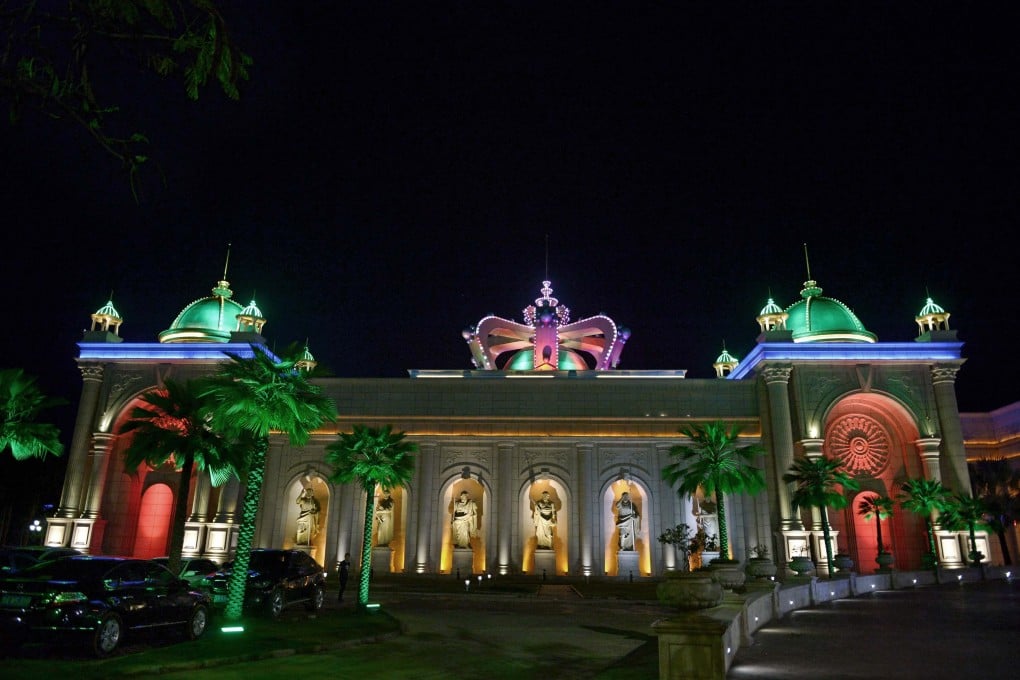Advertisement
Opinion | How the Covid-19 pandemic forced Southeast Asia’s casino criminals to bet on tech – and win
- Criminal networks have grown around Southeast Asia’s special economic zones, where regulations are loose and casinos offer a convenient front
- But when Covid-19 halted business, casinos went online, massively expanding their client bases – and crime syndicates moved with them
Reading Time:4 minutes
Why you can trust SCMP

The organised crime landscape in Southeast Asia evolved dramatically during the Covid-19 pandemic. It happened quickly and in unseen ways, and most governments in the region are yet to understand the challenge they now face.
Advertisement
For the better part of a decade, the synthetic drug trade has been talked about as the biggest profit-spinner for criminals in the region. Human trafficking and the smuggling of rare wildlife and timber have also been significant businesses. Each crime generates massive revenues and, in turn, varying degrees of public scrutiny and outrage.
Underpinning – and now rivalling – these multibillion-dollar criminal industries is the regional casino industry, where the most advanced syndicates have converged and concentrated investments.
The region is now home to more than 340 casinos, with most set up before the pandemic to attract foreign and particularly Chinese mass market and VIP gamblers. Some have generated revenues that would make big players on the Vegas Strip jealous. And they have become favoured vehicles for parking and laundering money.
But the game changed fundamentally during the pandemic. Lockdowns that kept millions at home turned out to be an opportunity for organised crime involved in casinos. Lacking floor traffic, they looked for ways to innovate, and they adapted without governments in the region really noticing.
Advertisement
Following anti-corruption and money-laundering campaigns in Macau, many casino and junket operators shifted business to Southeast Asia, particularly to Cambodia, Laos and Myanmar in the Mekong, as well as the Philippines.

Advertisement
